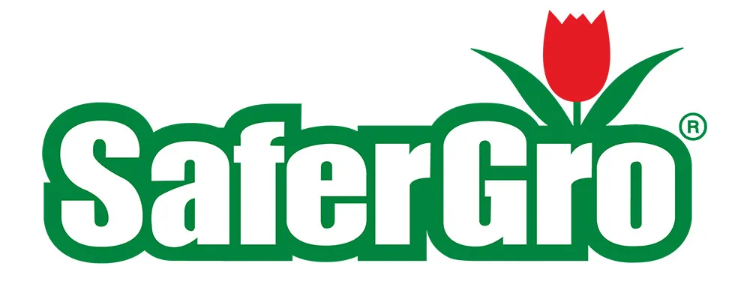Vegetables to Grow in Summer
Nothing says “summer” quite like a flourishing garden full of tasty freshly harvested veggies. While some vegetables prefer cooler temperatures of spring and fall, like the ones we covered in our earlier blogs, others need warmer weather to maximize on their growth.
Here are some of the best summer vegetables to grow:
Beans

To start growing beans at home, you may plant from seed directly sowed in the garden or you can transplant once soil temperature has warmed to at least 60ºF. Sow seeds every 3 weeks for a continuous harvest and stop sowing about. Beans love organically rich loamy soil with a slightly acidic pH (between 6.0 and 7.0) and good drainage. Beans naturally fix nitrogen in the soil so avoid any high-nitrogen fertilizers. Beans should be watered at least 1 inch per week as they have shallow roots. Mulching can help to keep the plants cool and improve water retention.
Pest Control
Mites and beetles are the main culprits of bean plants. A good product to best manage this is our OMRI listed Pest Out®. It has a patented formula made with natural oils that are toxic to pests but safe to the environment and gardener.
Corn

Corn needs a lot of space to grow. They can be planted in short rows about 1 ft apart. This gives them the best chance of pollination. For feed, corn needs a general organic fertilizer with a great source of nitrogen, such as kelp-based fertilizer. Corn is a shallow-rooted plant and will not tolerate dried out soil so for the best success, gardeners should water diligently.
Pest Control
The summer months bring pests such as corn earworm, wireworm, seed-corn maggot, and cutworms. A soil-applied pesticide like Fosphite® can be used at planting to control many of these pests. Fosphite® is an EPA approved reduced risk phosphorus-based fungicide and its properties can be used for both soil and foliar applications for safer protection against potential diseases.
For a more organic approach OMRI listed Pest Out® and BioRepel® are great options to fight pests and diseases.
Cucumbers

Cucumbers grow in two ways via vining and via bush. Generally, vining cucumbers produce more fruit throughout the growing season. Bush grown cucumbers are better suited to containers and small gardens. You can increase the production amount of bush cucumbers, however, by planting several crops in succession with two weeks apart.
Cucumbers flourish in warm soil with a pH to 6.0 to 7.0. To enhance the microbial life in your soil, you may add some natural and organic growth enhancers or microbial-based fertilizers. Layer these with several inches of aged compost. This will give your cucumber bushes more support in water retention and nutrient availability. Water your cucumbers with at least one to two inches of water per week during the summer months to keep them fresh and hydrated.
Pest Control
Cucumber beetles, spider mites, melon aphids, and squash beetles are the main cucumber culprits. These insect populations can be controlled with organic horticultural oil sprays like OMRI listed Pest Out® and BioRepel®.
Consider practicing intercropping and crop rotation by growing different plant families. Not only will this discourage pests from moving into your cucumber garden, but it will also provide a greater variety in your garden space that would otherwise not be utilized by a single crop.
Summer Fertilizer Recommendations
Good soil is essential for the foundation to any successful garden. From the beginning you should test your soil to make sure it has the necessary nutrients that will allow your plants to flourish. For any garden, adding organic matter to your soil will nourish its nutrient availability with beneficial microbes to improve your plants.
A good fertilizer for any garden is OMRI listed fish-based fertilizer Aqua PowerTM. A liquid fish formula derived from hydrolyzed fish protein, Aqua Power™ has superior nutrient availability compared to common fish emulsions. It provides organic nitrogen, phosphorus, and potassium to growing plants as well as 20 different amino acids, 13 vitamins, and 8 minerals including manganese, iron, copper, and zinc in trace amounts.
Organic SeamaxTM supplies nutrients to plants with the natural benefits of kelp and humic acids. Kelp naturally delivers plants a wide variety of plant growth promoting substances, while humic acid acts as a source of organic matter and assists plants in their nutrient absorption.
Soluphos SP® is an organic powder form microbial inoculant that increases phosphorus availability. Sustainable, non-hazardous, and organic Soluphos SP® increases the availability of phosphorus in some cases by 40%.



